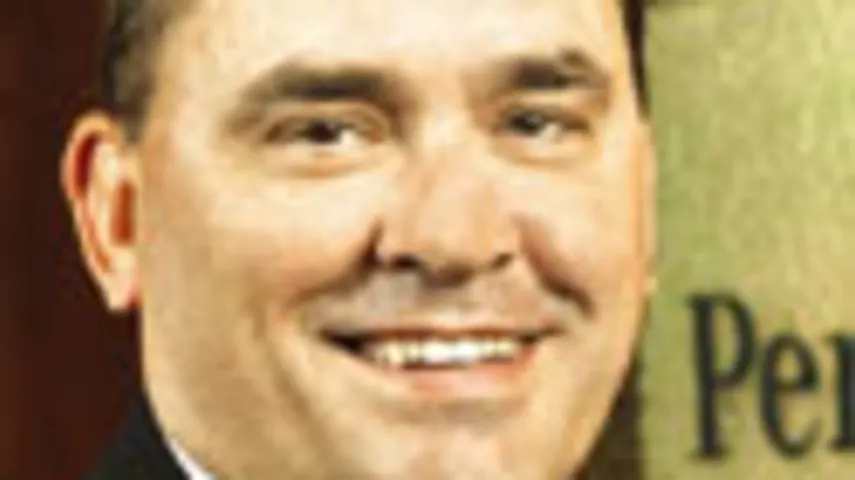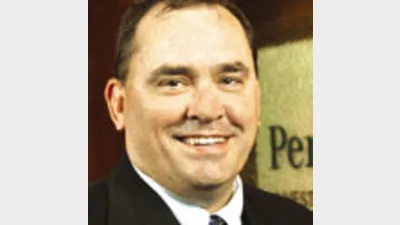Drive to passive more than cyclical



Active management is not dead although it faces the challenge of a structural shift to index investing, according to Fidelity managing director Gerard Doherty (pictured).
Doherty said there were opportunities for good active managers in the Asia Pacific region, including Australia, and going forward volatility could present further opportunities in mispricing, which in the longer term could be a good thing for investors.
“I think you’ve got to be much better at what you do today than you had to be 10 years ago. It’s a more demanding marketplace and [it has] more demanding clients,” he said, adding that this was being led by more choice.
“If people can invest passively through ETFs [exchange traded funds], for example, active has to be truly active. I think 10 years ago you could get away with sticking closer to benchmark but now managers have to be able to demonstrate that they can add value over time through the cycle, and provide some consistency around the way they manage money. We know we have to focus on that to be successful.”
Doherty said the environment for fund flows into the managed funds industry had remained “reasonably subdued” since the end of 2007.
“There haven’t been too many positive quarters, and particularly not too many positive quarters for equities. But having said that we’ve remained in positive net flows throughout that period,” he said. Doherty added that in the last fiscal year to 30 June Fidelity raised about $1.8 billion in new net money, all in equities, while so far this fiscal year it had passed $1 billion in net flows.
Getting across the value of active management in the face of a drive to passive investing would be a challenge, Doherty agreed, although this was not the first time.
“But this time round it may be more than cyclical,” he asserted. “I certainly think there is a case for active management, but right now there’s partly a structural drive for more index funds and ETFs and that’s to bring fees down across the board.”
He said in the long term the drive to index investing was not in investors’ best interests as good active managers could add a lot of value over time.
“I suspect there’s some structural change, but whether that is a structural change that sticks or not we’ll see as markets around the world pick up and you see very good active managers doing very well,” he said.
However, he added that “there’s active, and then there’s active”, and good managers would be the ones that invest a great deal in experienced analysts on the ground in order to get the information that gave them an edge.
Recommended for you
ASIC has banned a Melbourne-based financial adviser who gave inappropriate advice to his clients including false and misleading Statements of Advice.
The number of active advisers on the HUB24 platform has risen to more than 5,200, helping it see quarterly inflows of $5.2 billion.
ASIC has banned a Melbourne-based financial adviser for eight years over false and misleading statements regarding clients’ superannuation investments.
CFS has formed a strategic partnership with the University of Sydney to support the responsible development of AI solutions in the wealth management sector.










